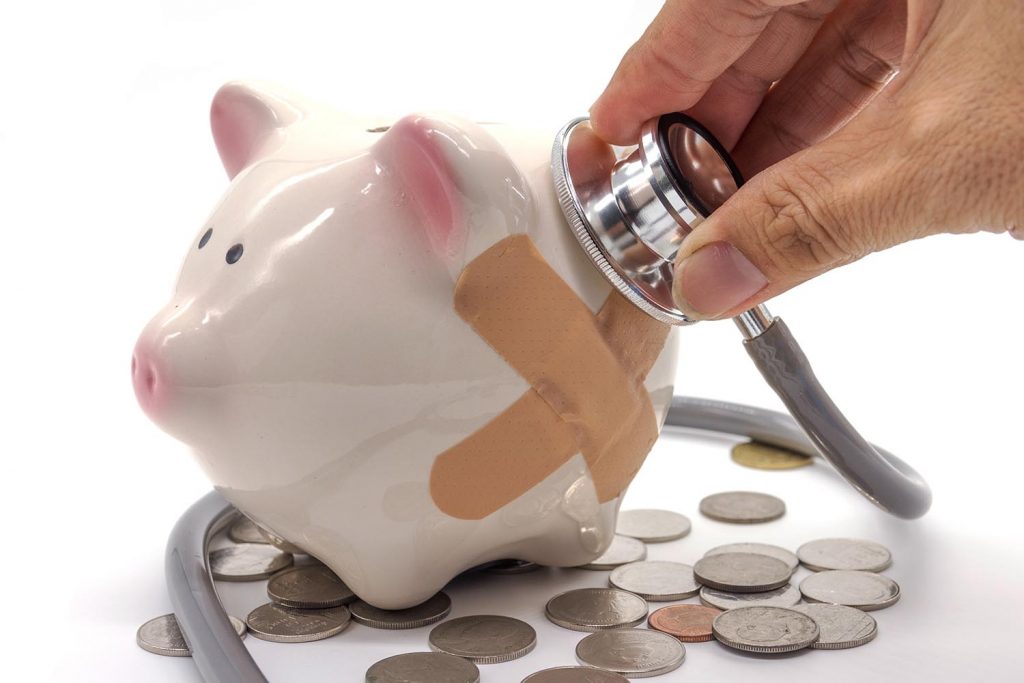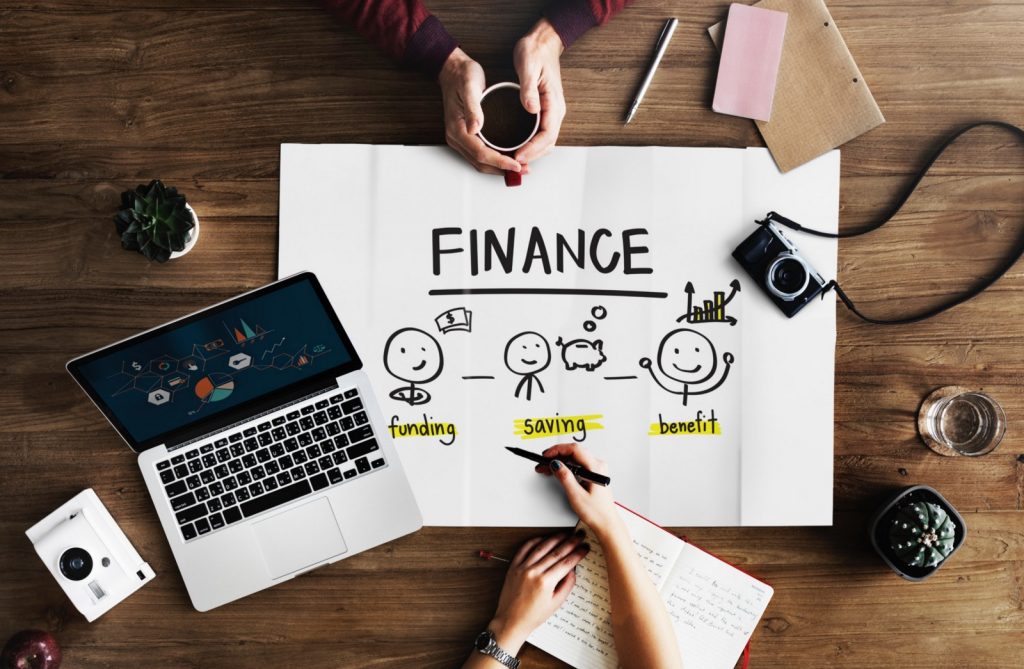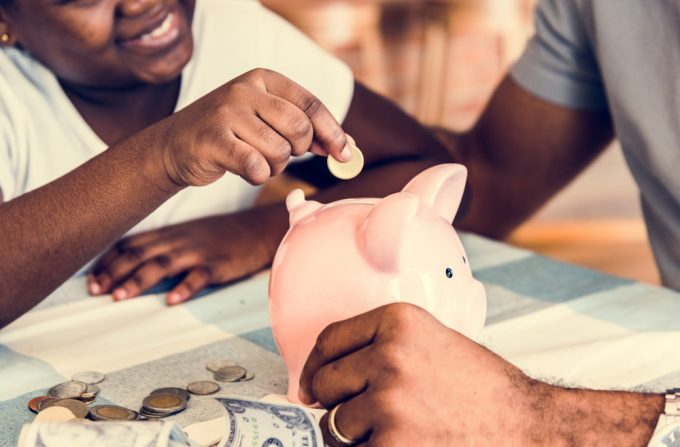Did you ever think what would have happened if you’d know how to manage your finances by the time you graduated high school? Very few schools teach practical skills like balancing a bank account or writing a resume, but could personal finance be the new required high school course?
Yes, a good foundation starting at home when your children are young is a great way to introduce financial health to your family. But schools may have a responsibility to reinforce good money habits for kids about to enter the real world by either attending college or finding their first job.

Will I Ever Use This?
Every kid in high school wonders if they’ll ever use English literature or algebra. Some will, some won’t. But financial education is something that will affect everyone after high school whether they attend college or enter the workforce.
Balancing a bank statement, saving for emergencies or even retirement, and more are all essential skills that more young people should be learning out the gate. High schools are perfectly equipped to help them with this education.
Improved Consumer Credit Behavior
Studies show that students who have a better understanding of finances before opening their first credit card have better consumer credit behavior. They are less likely to rack up large amounts of debt for unnecessary items.
Consumer debt, which includes credit cards, is at an all time high. There are a lot of systemic reasons for this, but healthy habits around spending is one of the contributing factors.
A Fundamental Understanding of Finances
A simple view of financial health is to understand that you can’t spend more than you make. But with the availability of credit, wage disparity, student loans, and other challenges facing young people today, that can be easier said than done.
One method to give young people the tools they need to succeed is to teach them zero-balance budgeting. For every dollar they earn, they need to assign that dollar a job. They can use budgeting software or create their own spreadsheets to establish something known as an envelope system.
They will have envelopes for every category of spending or saving. Bills, entertainment, savings, and more all have their own pool. With each paycheck, they should divide what they’ve earned in these categories so every dollar is entered into one of their virtual envelopes. This visual representation can help them better see how they’re allocating and spending money.
Help Your Kids Learn
While high school programs should include personal financial health in their curriculum, education always starts at home. If your relationship with money isn’t the healthiest, you’re teaching those behaviors to your children starting at a very young age.

You can start by playing games that offer financial skills to children. You may not think about it, but Monopoly and The Game of Life are both great introductions to how systems work. You can also include them in some of your financial discussions. Help them allocate their allowance toward spending and savings to learn good money habits starting young.
Learning health money habits and personal finance skills while they’re young will help children be successful and comfortable as they enter the adult world. Start at home and reinforce with education at the high school level.










